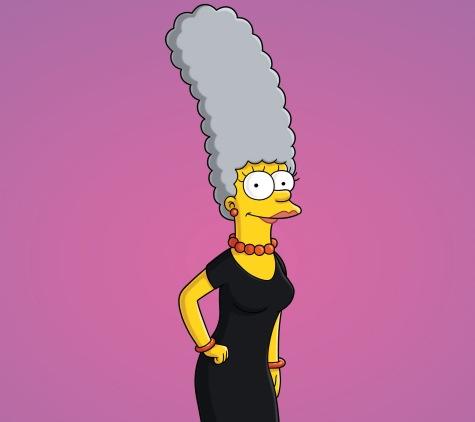I've been noticing hair dye commercials lately. Just for Men had a commercial about the world eradicating grey hair in men with a new product. Tonight I saw another commercial featuring Tina Fey, a comedian and writer whose comedy generally revolves around empowering women and combating superficiality.
For most of history and in many cultures still today age is respected, and the signs of age are coveted. Here in the US we tend to worship youth and avoid anything that reminds us we're growing older. I saw a Dick Clark retrospective and the man looked older in 1980 than he did before his stroke in 2004. America's Oldest Teenager aged for a while, then seemed to reverse the process.
Like just about everything else, this is a complex issue - I think there's probably something to be said about how our cultural fear of death fits in - but today I want to focus on this obsession with youth and appearance.
We've built up a culture where youth, beauty, and sexuality are valued above all else (except maybe money). We associate the value of a person with how young they look. I imagine there's some biological component to this - the idea that the people most likely to propagate the species are more attractive to us - but human beings do also possess the ability to understand, evaluate, and ignore those natural impulses.
Why do we not just encourage, but assume that anyone under the age of 60 who has a few gray hairs will, obviously, dye them? Because it's easy? Why do we only make, sell, and buy little girl clothes that make them all look like grown up women? Because we don't want to be left out? Perhaps we just want everyone to have as much time as possible at their peak?
Why is it a peak? Life is diverse and ever-changing. Each and every stage of life is important and valuable. We're not who we were and we're not who we will be. I don't think there's anything wrong with being nostalgic for previous times - or anything wrong with looking forward to what lies ahead. However, we can't get so caught up in the past, or the future, that we neglect today.
Of course, we also have to work hard to encourage and affirm others to embrace who they are and not buy into the cultural conditioning that drives us to live in the past, the future, or to be someone else. We have to combat the notion that our ability to make ourselves someone else is freeing and empowering. You are valuable because you're valuable - not because of what you look like or the color of your hair.

No comments:
Post a Comment